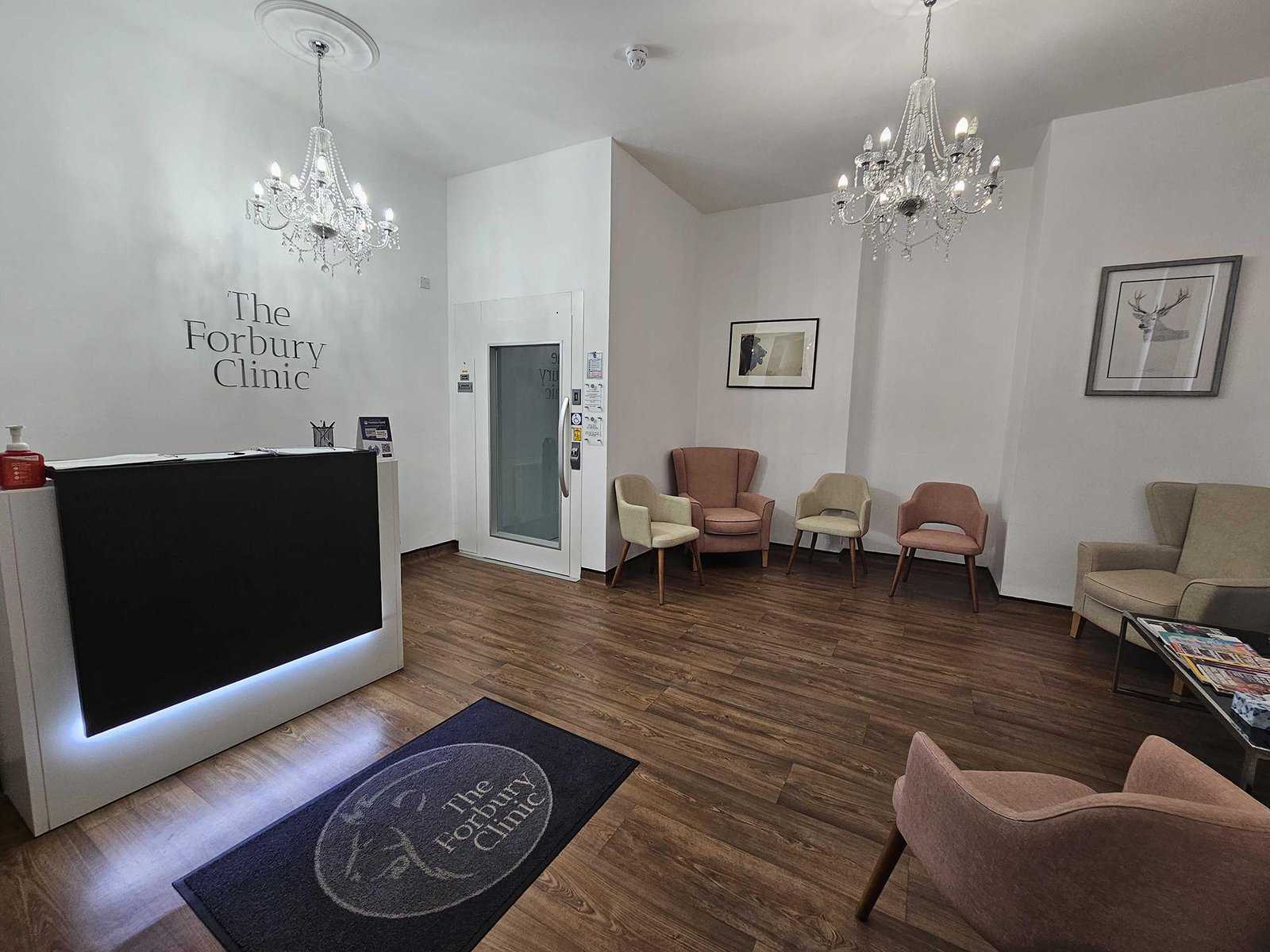Runny Nose Treatment
Alleviate your runny nose symptoms with expert care. Submit an enquiry for a consultation at The Forbury Clinic.

Overview
A runny nose, also known as rhinorrhea, is a common condition that can be caused by various factors such as infections, allergies, or irritants. While it may seem minor, a persistent runny nose can significantly impact daily life. Addressing and treating this condition is essential for improving comfort and overall quality of life. The Forbury Clinic offers specialised treatments and expert care to help manage and alleviate runny nose symptoms effectively.


What is a Runny Nose?
A runny nose occurs when excess mucus is produced in the nasal passages, leading to nasal discharge. This condition can be acute, often caused by infections like the common cold, or chronic, due to allergies or other underlying issues.
Common symptoms and signs of a runny nose include:
- Persistent nasal discharge
- Nasal congestion
- Sneezing
- Itchy or watery eyes
- Sore throat
- Coughing
Causes and Risk Factors
Causes
A runny nose can be caused by a variety of factors, including:
Infections:
Viral infections like the common cold or flu.
Allergies:
Reactions to allergens such as pollen, dust, or pet dander.
Irritants:
Exposure to smoke, strong odours, or pollution.
Weather Changes:
Cold or dry air can trigger mucus production.
Medical Conditions:
Conditions like sinusitis, nasal polyps, or deviated septum.
Risk Factors
Risk factors contributing to the development of a runny nose include:
Seasonal Allergies:
Higher exposure to allergens during certain seasons.
Environmental Factors:
Living in areas with high pollution or allergens.
Weakened Immune System:
Increased susceptibility to infections.
Diagnosis
Diagnosing the cause of a runny nose involves a thorough evaluation, which may include:
- Medical History: Discussing symptoms, duration, and potential triggers.
- Physical Examination: Checking the nasal passages and throat.
- Allergy Testing: Identifying specific allergens causing symptoms.
- Imaging Studies: Using X-rays or CT scans to examine nasal structures.
- Nasal Endoscopy: Using a thin tube with a camera to inspect the nasal passages.

Treatment Options
Treatment for a runny nose at The Forbury Clinic includes both non-surgical and surgical options, tailored to individual needs:
- Medications
- Non-Surgical Options
- Surgical Options
- Innovative Treatments
Antihistamines:
To manage allergic reactions and reduce mucus production.
Decongestants:
To relieve nasal congestion.
Nasal Steroids:
To reduce inflammation in the nasal passages.
Saline Nasal Sprays:
To rinse and moisten the nasal passages.
Allergy Immunotherapy:
To desensitise the body to specific allergens.
Lifestyle Modifications:
Avoiding known triggers and allergens.
Polyp Removal:
If nasal polyps are causing symptoms.
Sinus Surgery:
For chronic sinusitis or structural issues like a deviated septum.
Innovative Treatments:
The Forbury Clinic offers advanced treatments such as minimally invasive endoscopic procedures for optimal outcomes.
Managing Runny Nose
Managing a runny nose involves lifestyle changes and ongoing care, such as:
Avoiding Triggers:
Identifying and avoiding allergens or irritants.
Hydration:
Drinking plenty of fluids to keep mucus thin.
Proper Medication Use:
Adhering to prescribed treatments to manage symptoms and improve nasal function.
Regular Cleaning:
Keeping living spaces free of dust and allergens.
Complications and Prognosis
If left untreated, a runny nose can lead to complications such as:
- Chronic Sinusitis: Ongoing inflammation and infection of the sinuses.
- Ear Infections: Fluid buildup can lead to infections.
- Sleep Disturbances: Difficulty sleeping due to congestion and discomfort.
With appropriate treatment, most individuals with a runny nose can achieve significant relief from symptoms and improve their quality of life.


Why Choose The Forbury Clinic?
The Forbury Clinic offers numerous advantages for treating runny nose:
- Expert Staff: Experienced specialists in nasal and sinus conditions.
- Cutting-Edge Technology: Advanced diagnostic and treatment tools.
- Patient-Centred Care: Personalised treatment plans tailored to each patient’s needs.
